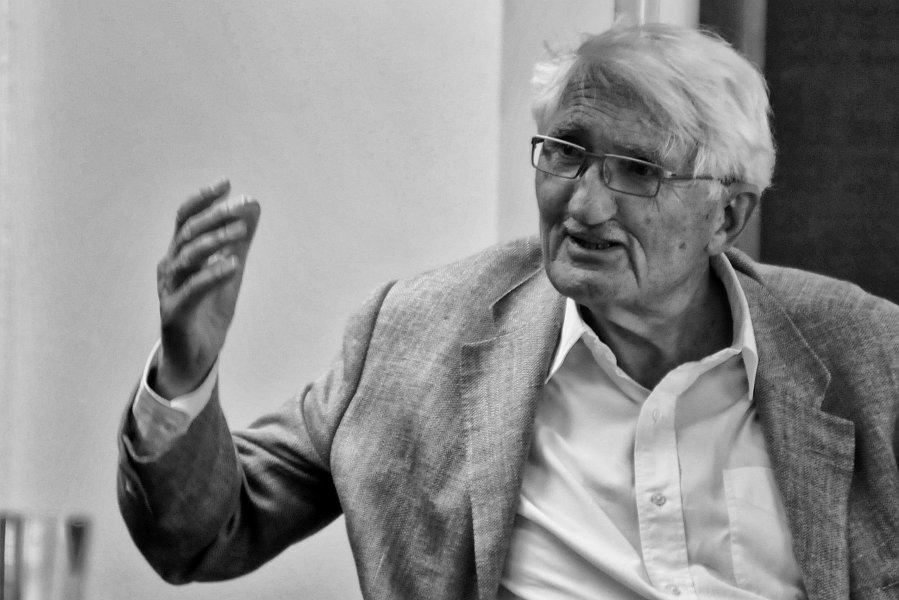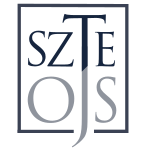Anthropological dualism and monism in the early Fichte and his revision of the Kantian highest good
DOI:
https://doi.org/10.14232/kulonbseg.2019.19.1.247Keywords:
Kant, Fichte, anthropology, science, moral lawAbstract
Whereas Kant’s general anthropological question was “What is a human being?” to which he gave a basically dualistic answer, Fichte was primarily concerned with “What is the calling of a human being?” His dynamic conception of humans implied by the very question assumed a notion of our inner duality in need of gradually being transcended by attaining Unity.
For the early Fichte our calling is to subject everything in us produced by ‛Non-Self’ to the ‘Self’, and to gradually become pure and absolute ‘Self’. The moral law prescribes for us to be entirely self-identical and to only have characteristics determined by ourselves. Self-identity in this sense, however, is the same as the Kantian highest good, since the state of independence from what is different from ourselves provides not only virtue but also happiness. Hence, for Fichte, the highest good does not consist of two components; therefore, there is no need for God for them to be harmonized, as in Kant; rather, endowed with divine attributes, it is the work of one’s Self itself, the person who has identified with the Self.
The first two sections of the paper outline monistic and dualistic characteristics of the Fichtean conception of humans as developed in two of his popular lectures. The third section explains how the combination of these leads to the revision of the Kantian notion of the highest good.






